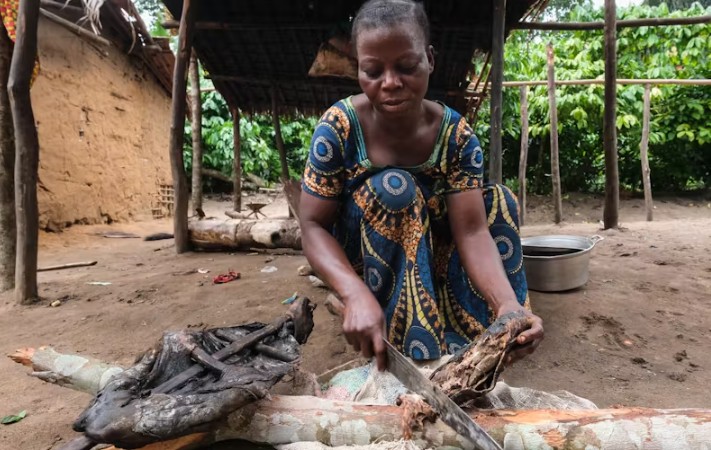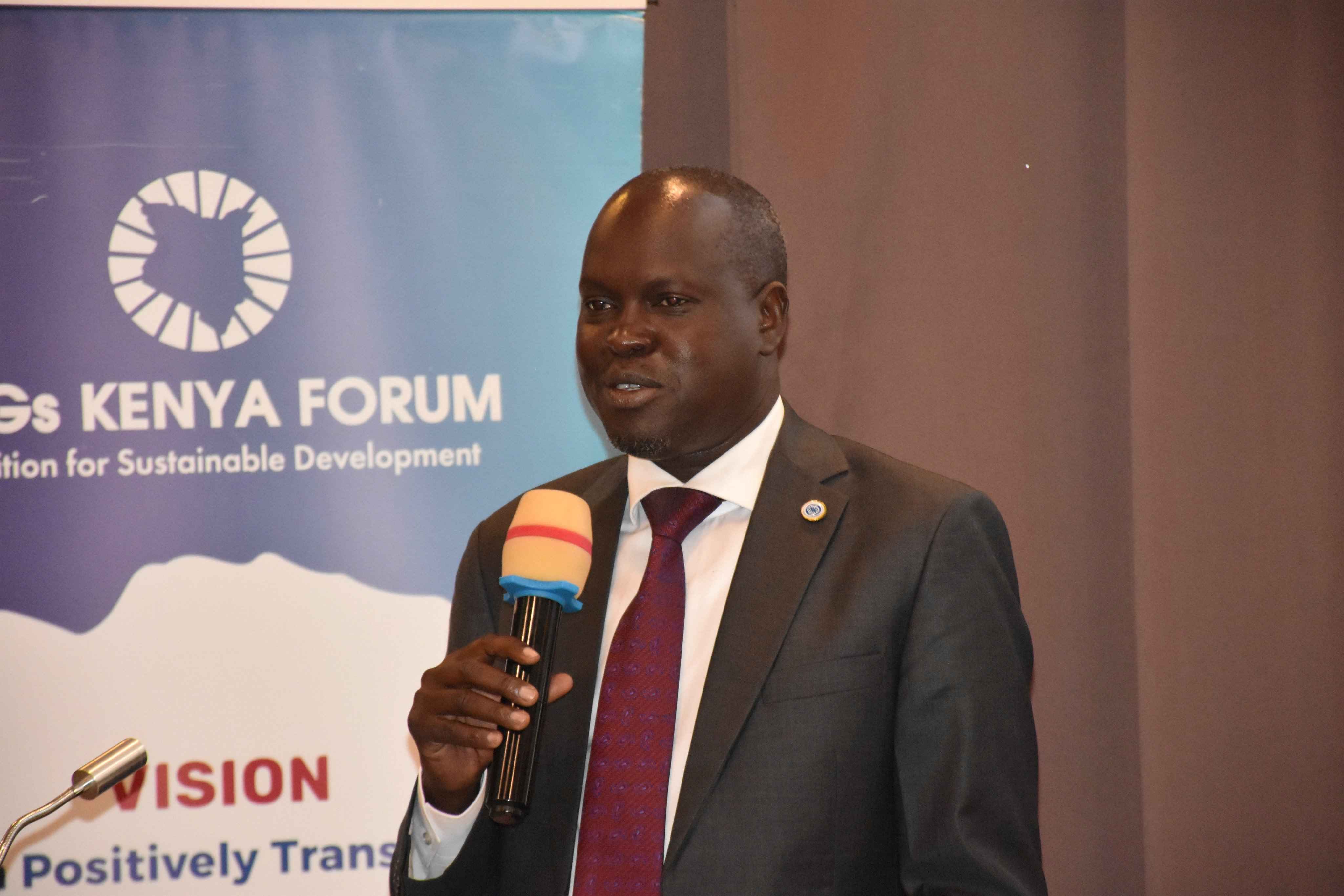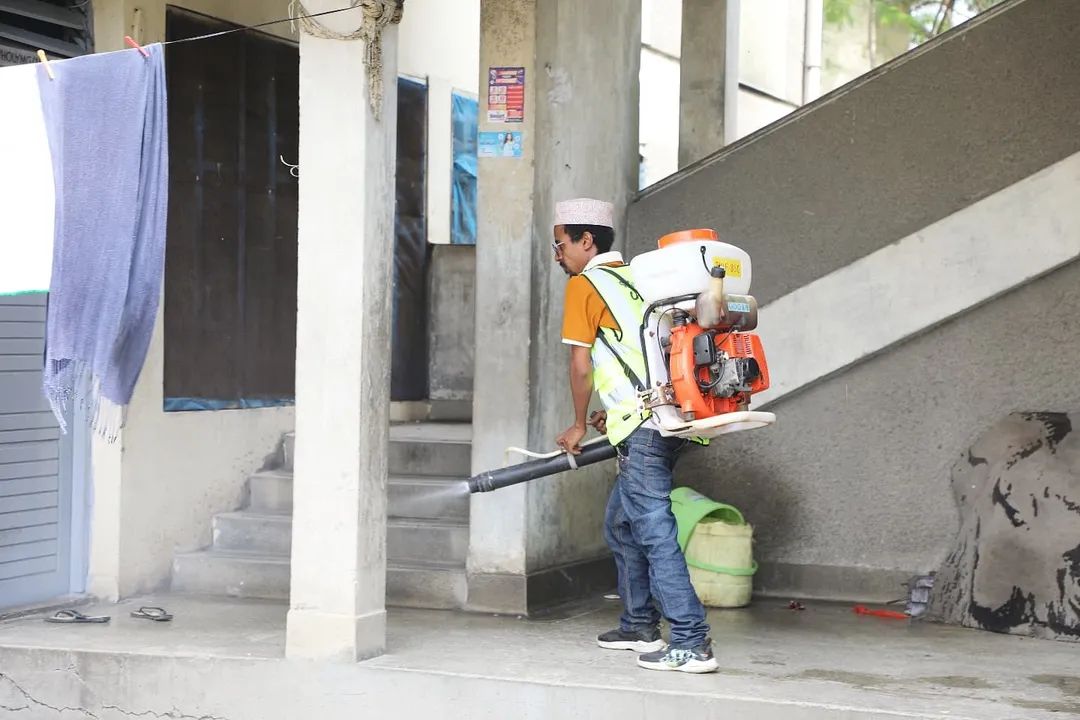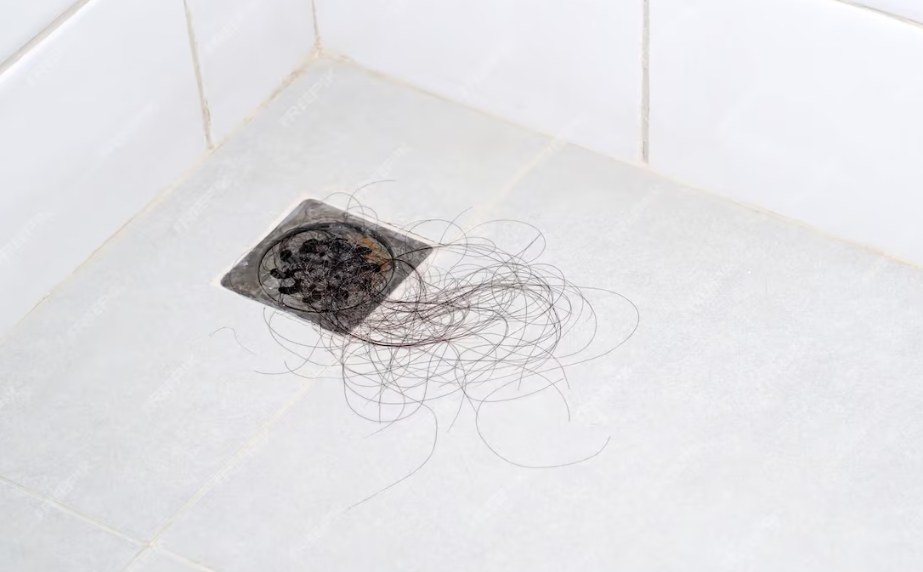WHO urges HIV testing for all mpox patients as global cases top 129,000

WHO pointed to mounting evidence that people living with untreated or poorly managed HIV are at significantly higher risk of developing severe complications or dying from mpox.
With global mpox cases surpassing 129,000 and deaths continuing to rise, the World Health Organisation (WHO) has sounded the alarm over the heightened risk faced by people with weakened immune systems, calling on countries to prioritise HIV testing and treatment in managing the outbreak.
Mpox is a viral illness spread mainly through close personal contact, including sexual contact.
More To Read
- South Sudan launches lifesaving vaccines to fight pneumonia, diarrhoea in children
- Kenya to increase WHO contributions by 20pc as part of global health funding push
- Inside the ICU: Nurse's daily fight to save lives amid grief, shortages, silent strength
- DRC to receive 200,000 Mpox vaccine doses from Gavi amid record outbreak
- WHO urges global action as medicalised FGM puts millions of girls at risk
- Lack of reliable data hampers global response to youth mental health crisis
Symptoms typically include painful skin lesions, fever, swollen lymph nodes, headache, fatigue, muscle aches, and back pain. While most cases resolve without specialised care, WHO stresses that people with compromised immunity require enhanced clinical attention.
In its updated clinical guidelines released this week, WHO recommended routine HIV testing for everyone with suspected or confirmed mpox infection.
WHO pointed to mounting evidence that people living with untreated or poorly managed HIV are at significantly higher risk of developing severe complications or dying from mpox.
“Children, pregnant people and people with weak immune systems, including people living with HIV that is not well controlled, are at higher risk for serious illness and death due to complications from mpox,” the WHO states in the updated guidance.
Antiretroviral therapy
WHO emphasised that any patient diagnosed with mpox who tests positive for HIV must begin antiretroviral therapy (ART) without delay. The agency said early HIV testing can be lifesaving in this context.
“Anyone showing symptoms of mpox should get medical help and an HIV test early. This step is crucial for reducing their risk of developing a severe case of mpox,” the WHO said.
The call for routine HIV testing among mpox patients reflects a major policy shift aimed at better integrating HIV and mpox responses.
According to WHO, the guidelines were prompted by the ongoing global outbreak that began in 2022, characterised by sustained human-to-human transmission, especially in networks with close physical contact.
As of March 10, 2025, WHO has recorded 129,172 confirmed mpox cases and 283 deaths across 130 countries and territories spanning all six of its global regions.
Further evidence supporting the new recommendation comes from five independent studies involving over 2,000 participants.
The studies showed that individuals who delayed starting ART were approximately four times more likely to require hospitalisation compared to those who began treatment promptly.
WHO explained that early ART initiation helps control not only HIV but also the progression of mpox and other opportunistic infections.
Important intervention
“The restoration of immune function through ART is considered an important intervention in the management of opportunistic infections, especially if effective treatment [for mpox] is unavailable,” reads the guidance.
The guidelines also highlight the absence of an effective, proven treatment for mpox, noting that the virus tends to multiply and worsen in individuals with weakened immune defences. In such cases, quick ART initiation is critical to managing both the primary infection and any secondary illnesses that may arise.
In addition to HIV-focused recommendations, the updated guidance offers protocols for managing mpox in breastfeeding mothers.
WHO advises infected mothers to avoid direct skin-to-skin contact with their infants, especially if lesions are visible on the breast or other parts of the body.
Maintain strict hygiene
“Mothers who had to temporarily pause breastfeeding during their infection are encouraged to restart once clinically recovered, while maintaining strict hygiene and ensuring physical capability,” reads the guidelines.
WHO Director-General Tedros Adhanom Ghebreyesus noted that more than 37,000 confirmed mpox cases and 125 deaths have been reported from 25 countries since the beginning of 2024. He said the bulk of deaths are being recorded in patients with weakened immune systems, particularly those living with HIV.
Symptoms of mpox usually develop within one week of exposure, though onset can occur between one and 21 days after contact with the virus.
The illness generally lasts two to four weeks, but in people with compromised immunity, symptoms may persist longer and become more severe.
Early symptoms often resemble other viral infections and include fever, sore throat, swollen lymph nodes, fatigue, headache, and body aches.
The telltale mpox rash usually follows, often appearing on the palms, soles, or any area that had contact with infected materials, including genital and anal regions.
Some patients develop more serious conditions such as painful rectal inflammation (proctitis), difficulty urinating, or trouble swallowing.
The WHO has urged governments, including Kenya’s Ministry of Health, to adopt the updated protocols and integrate them into national mpox response strategies, particularly in high-risk populations such as people living with HIV and infants.
Top Stories Today
Reader Comments
Trending
















































